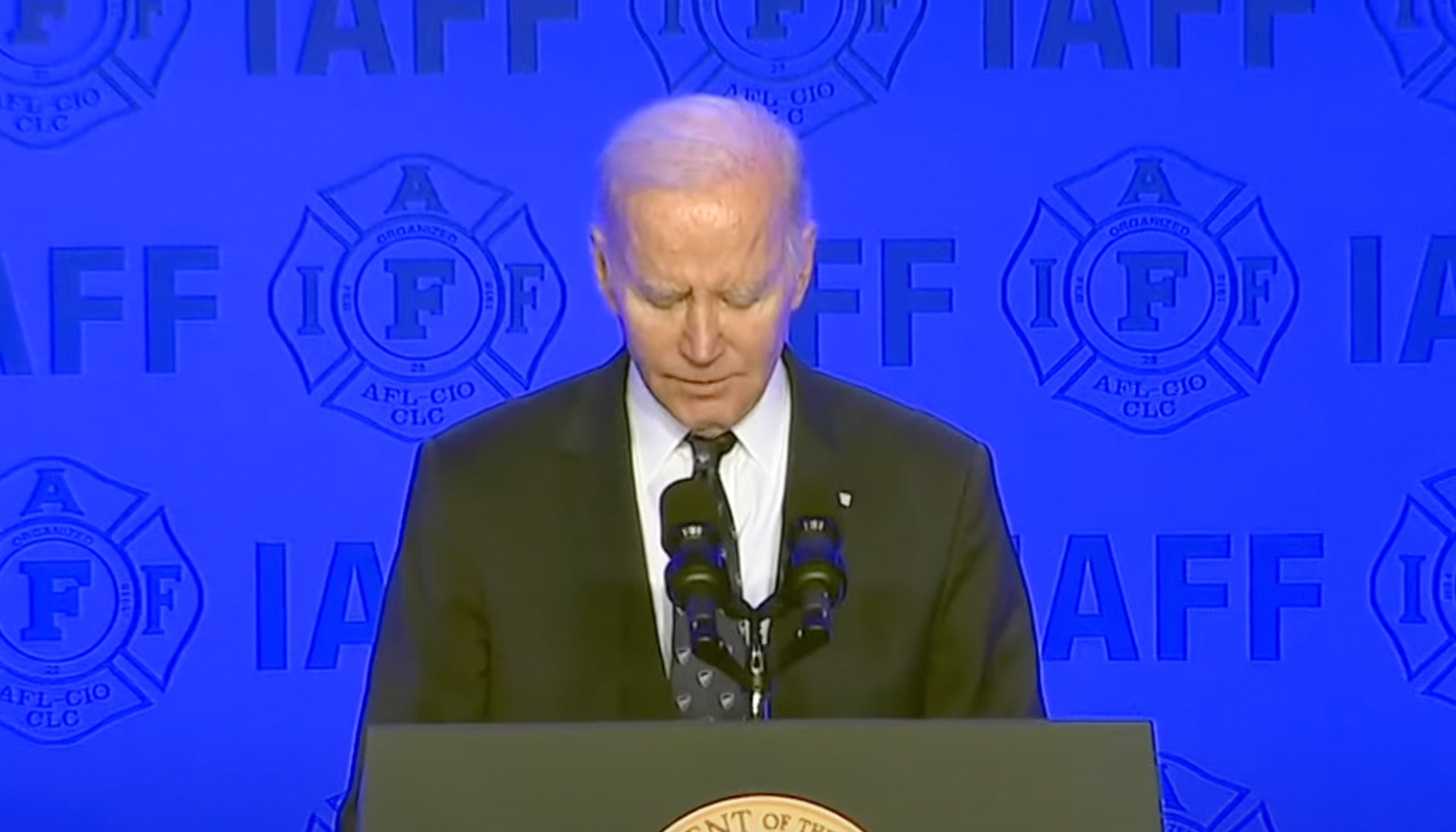Kamala Harris' Claim of Middle-Class Upbringing Claim Scrutinized
Vice President Kamala Harris claimed during Tuesday's presidential debate that she was raised in a middle-class household, sparking debate and fact-checking efforts.
However, fact-checkers have found this claim to be mostly false, as Harris grew up in an affluent neighborhood in Montreal, Canada, far from the modest life she suggested she knew, as Breitbart reports.
Harris made the comment while sidestepping a direct question about whether Americans were better off now than four years ago.
Instead of answering, she pivoted to her personal background, suggesting that her middle-class upbringing shaped her understanding of the needs of average Americans. Harris emphasized that her plan would uplift middle-class and working families.
Harris’ Focus on Middle-Class Solutions
In an attempt to further align with the struggles of working-class families, Harris shared her belief in the dreams and ambitions of the American people.
She elaborated on her proposed “opportunity economy,” claiming that it would address the challenges facing many Americans, including high housing costs and insufficient support for young families.
The vice president's statements painted a picture of a person who understands the struggles of everyday citizens. She noted the shortage of affordable housing and the difficulty many families face in raising their children under current economic conditions. Harris positioned herself as someone who would deliver solutions to these issues.
Fact-Check Reveals Harris’ Wealthy Upbringing
However, a closer look at Harris’ background reveals that her claim of being raised in a middle-class environment may not reflect reality.
Breitbart News politics editor Emma-Jo Morris fact-checked Harris’ statements and reported that Harris grew up in one of the wealthiest neighborhoods in Montreal, Canada. Westmount, the area in question, is described by Jo-Morris as not only the most affluent area in Montreal but also one of the richest neighborhoods in all of Canada.
Harris’ home during her teenage years was located on Grosvenor Avenue, a prestigious street lined with Victorian homes. According to Harris’ high school friend, these homes often sell for over $1 million CAD. This stands in stark contrast to Harris’ portrayal of a modest, middle-class life.
Harris’ Friend Paints a Different Picture
An op-ed written by Harris’ former high school friend further contradicts the vice president's claims of a struggling background. According to this source, Harris enjoyed a stable and comfortable upbringing, complete with family dinners and a secure home life. This depiction of her youth seems to conflict with the narrative of hardship and struggle that Harris implied during the debate.
Morris also pointed out that Harris’ childhood was far removed from the urban struggle she hinted at in her statements. Instead of growing up on the "streets," as Harris suggested, she lived in an elite neighborhood with little connection to the challenges she described.
Claims of Struggle Criticized as Misleading
The contrast between Harris' comments and the reality of her upbringing has led to criticism from some political commentators. By presenting herself as someone who understands the economic difficulties faced by many Americans, critics argue that Harris may have exaggerated her background to appear more relatable.
This tactic is often used by politicians who seek to connect with voters by sharing personal stories of adversity. However, when these claims are debunked or called into question, it can undermine the credibility of the politician making the statements.
Political Strategy or Misrepresentation?
While it’s common for politicians to use personal anecdotes in their speeches, the accuracy of these claims is important to maintaining trust with voters. In Harris’ case, the suggestion that she was raised in a middle-class household appears to be an attempt to align herself with the experiences of many Americans. However, the facts of her upbringing in an affluent neighborhood suggest a very different reality.
The vice president’s claims of economic hardship may have been intended to highlight her empathy for working families, but the evidence paints a picture of a more privileged childhood. This revelation has sparked debate about the role of personal background in political discourse.
Conclusion: Harris’ Upbringing Under the Microscope
In conclusion, Vice President Kamala Harris’ recent statements about her middle-class upbringing have come under significant scrutiny. Her attempts to connect with middle-class voters by sharing her personal background may have been well-intentioned, but fact-checkers have determined that her claim is mostly false. Harris grew up in Westmount, one of the wealthiest neighborhoods in Canada, far from the modest circumstances she implied.
This fact-check raises questions about Harris’ portrayal of her past and its use in shaping her political message. As the debate over her statements continues, the focus remains on how much personal stories should influence public perception, and whether they should always reflect the truth.






